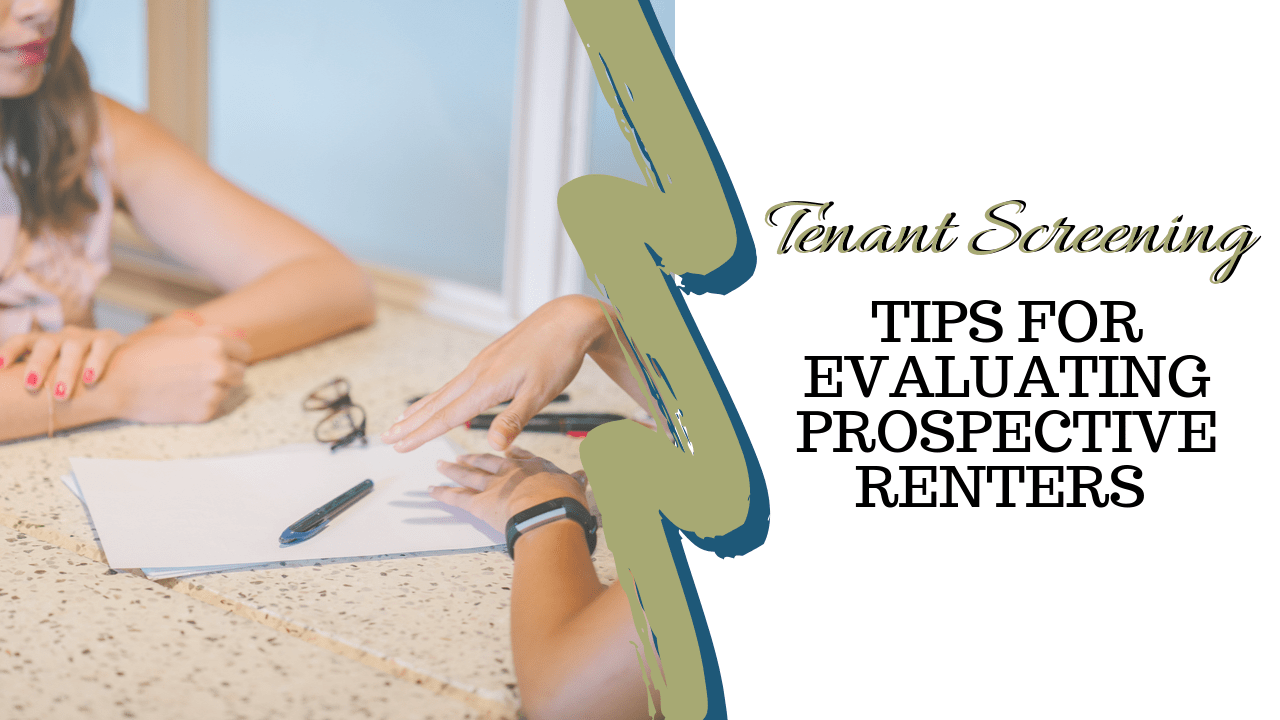Tenant Screening: Tips for Evaluating Prospective Renters in Boca Raton
Florida PMServices • November 15, 2019

Screening tenants is an important part of the leasing process, and it’s not something that should be ignored or rushed. If you end up placing the wrong tenant because you didn’t have the time or resources to screen well, you could find yourself chasing down unpaid rent or paying to repair a damaged property once those tenants move out.
The goal is to find a responsible tenant who will pay rent on time, take care of the home, and faithfully follow the terms of your lease. To find that tenant, you need to be willing to screen your applicants thoroughly. We have some tips that may help.
Applications and Fair Housing
You’ll need to provide an application for anyone who is 18 years of age or older and planning to live in the property. The application will gather all of the prospective renter’s information and grant you permission to do a background check. Make sure you use an application that’s legal in Florida. Use the same application form for everyone and be consistent in your screening process. It’s easy to make a fair housing mistake during the screening process, and that is an error you absolutely want to avoid.
National Criminal and Eviction Checks
Start by checking for things that would disqualify an applicant immediately. A history of violent felonies, for example, or an eviction in the last year or two will show up when you do the proper national checks.
Credit History and Financials
Check your prospective tenant’s credit. If there’s a threshold that an applicant needs to meet, make sure you disclose that early in the process. We think that credit scores aren’t as important as credit history. Someone can have a low credit score because of student loan debts or medical bills. Look instead at areas of concern, such as debts and judgments owed to former landlords. You don’t want to see a pattern of bankruptcies or a trend of utilities not being paid.
Verify Income and Employment
It’s important to know your tenant can afford the rent. Ask for income verification. You can get this directly from the employer or you can ask for pay stubs. If an applicant is self-employed, look at tax returns or bank statements. The best practices indicate your tenant should earn at least three times the monthly rent.
Talk to Current and Former Landlords
Checking landlord references is really important. These people have actually dealt with your prospective tenant previously. They can be great resources. Ask if rent was paid on time, if the tenant had pets, and if the security deposit
was returned in full. Talk about any communication issues and whether there was damage. Always ask if they’d rent to that particular tenant again. If they say yes, you’re probably going to have a good experience.
Make sure your screening process is thorough and complete. If you need any help screening potential Boca Raton tenants, please contact us
at Florida Property Management Services. We have a lot of experience with screening, and we’d be happy to help.













